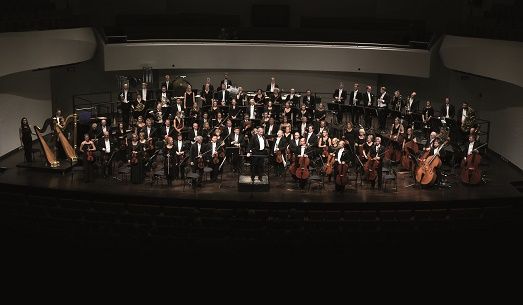Officially, the Danish government is committed to the idea that the country needs highly-qualified foreign workers who bring their unique expertise to Denmark and create jobs.
However, a spate of recent incidents in which people have been hit by Denmark’s restrictive immigration laws has highlighted a ‘Catch 22’ in the system.
Fourteen cases concern academics who have been reported to the police or fined for carrying out their work in disseminating their research.
The most egregious of these was that of Brooke Harrington, an American tax expert at Copenhagen Business School who transgressed by helping SKAT and the Danish Parliament at their request.
A number of musicians have also been hit. In one case, an Australian oboist contracted to an orchestra was fined 33,000 kroner for making a guest appearance for another, reports TV Syd.
Lauren Robinson, a French horn player with the Aalborg Symphony Orchestra, also recently received a fine of 10,500 kroner for the same thing.
Derailing family life
As well as being fined, having a conviction means the person in question has to wait 15 years before they can seek permanent residence in Denmark, which can have a serious impact on family life.
READ ALSO: Over-complicated system at odds with Nobel Prize ambitions, says university head
Now their troubles could be coming to an end as the government is rolling out a new initiative to help them, reports DR Nyheder.
“We have to face the fact that the rules are too rigid,” said the immigration and integration minister, Inger Støjberg. “We really want clever foreigners in Denmark, and when they are here, we shouldn’t punish them if they want to work more.”
The new initiative would ease the rules governing subsidiary jobs, while breaking the existing rules would no longer trigger a 15-year moratorium on applying for permanent residence.
A more flexible job market
“If our bill is passed, these people will have to pay the fines that they have already received. But they will not have to wait 15 years. It is after all a relatively small crime that they have committed,” added Støjberg.
The measures will also allow foreigners who have work and residence permits in Denmark to take a second job if it is a natural consequence of their main job in Denmark. Researchers will not have to seek permission, whilst musicians can work 156 hours per quarter without seeking permission.















